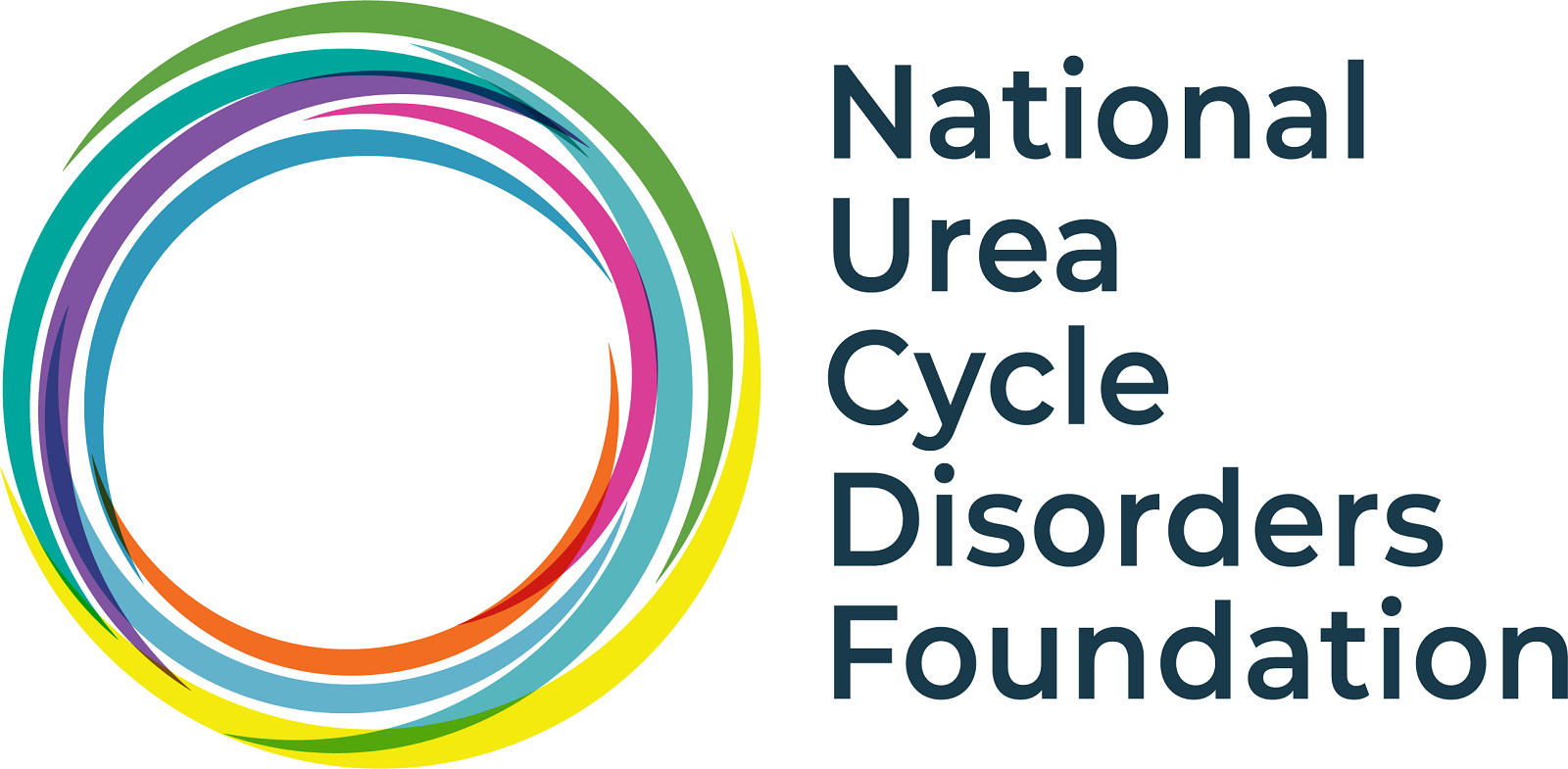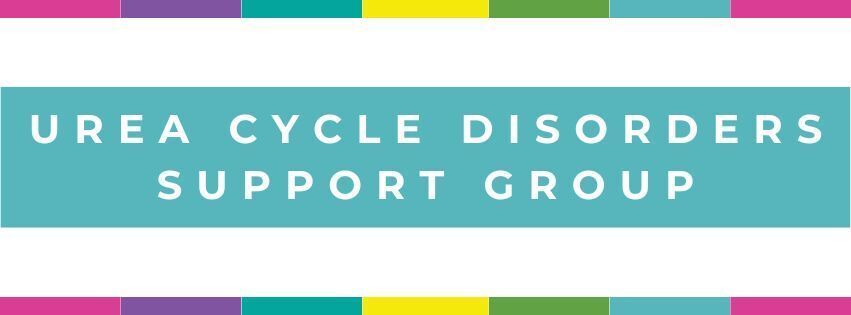Caregiver Support
Caregiving is arguably one of the most important – and challenging – roles you’ll ever take on. We know the level of dedication and the emotional and physical toll caring for someone with a urea cycle disorder takes.
Our goal is to provide resources to help you care for yourself while caring for your loved one.
Stress and Burnout
Caring for someone with a urea cycle disorder (UCD) can be incredibly stressful, both emotionally and physically.

Common sources of stress for caregivers:
Constant Vigilance: The caregiver constantly monitors the person's diet, medications, and overall health. A minor dietary slip-up or missed medication can lead to a dangerous increase in ammonia levels, so a caregiver to someone with a UCD is always "on" and hyper-vigilant.
Medical Management: UCDs often require a complex regimen of medications, dietary supplements, and possibly regular hospital visits. Managing all of this can be overwhelming.
Emotional Toll: Watching a loved one struggle with this condition can be emotionally draining. The fear of complications or a sudden health crisis is a constant concern.
Social Isolation: Caregivers may feel isolated as they devote so much time to caring for the person with a UCD that they have little time for social activities or self-care.
Uncertainty: The unpredictable nature of UCDs can make it difficult to plan for the future, which in and of itself is stressful.
Financial Burden: The cost of medical care, special diets, and other related expenses can add financial stress to the situation.
Lack of Understanding from Others: Because UCDs are rare, caregivers may struggle to find people who truly understand the condition and its challenges.

How to Identify Stress and Burnout
Emotional symptoms of stress can include anxiety or worry, irritability or anger, and feeling overwhelmed.
Physical symptoms can include headaches, muscle tension, fatigue, digestive issues, rapid heartbeat, and insomnia.
Behavioral symptoms of stress can include procrastination, changes in appetite or not eating properly, increased use of drugs and alcohol, neglecting responsibilities, or withdrawing completely.
When high stress levels continue for a long period of time, it can lead to burnout. The symptoms of burnout, while similar, are amplified. These can include chronic fatigue (tired even after resting), detachment, a sense of failure, feeling helpless, and losing motivation for normal everyday things. Burnout can lead to physical symptoms such as frequent illness, changes in sleep patterns, exhaustion, head and muscle aches, and more.
Coping with Stress and Burnout
There are numerous coping strategies that you can use to help with stress and burnout. It is SO important to take time -- even just a few minutes per day -- for you. Especially when you're caregiving for someone with a UCD. You can't pour from an empty cup. You can't give your best care to someone else if you're not taking care of yourself.
Interview with a Caregiver: Amy Magyar
Interview with a Caregiver: Maria Escobar
Connect with Others

Reach Out for Help
You can always reach out to us for assistance and we will do our best to help you. Whether that's to ask questions, find research information, get in touch with a physician, connect with a professional, or for any other reason, you are always welcome to reach out to us at cureucd@nucdf.org.
Other places to reach out for help when you need it:
1. Mental Health Professionals:
Therapists or Counselors: Licensed mental health professionals can provide therapy and counseling to help you manage stress.
2. Employee Assistance Programs (EAPs):
Many employers offer EAPs that provide confidential counseling and support services for employees experiencing stress, work-related issues, or personal problems.
3. Hotlines and Helplines:
National Suicide Prevention Lifeline: (U.S.) 1-800-273-TALK (1-800-273-8255) — Offers 24/7 support for people in distress, including those experiencing stress and anxiety.
Crisis Text Line: Text HOME to 741741 (U.S.) — A free, 24/7 support service that connects you with a trained crisis counselor.
4. Online Resources and Apps
A search on Google or your app store can find you numerous apps that are built to help with stress management and mental health.
5. Support Groups:
Join our Facebook support group
6. Road Map for Emotional Health
7. Religious or Spiritual Leaders:
If you’re part of a religious or spiritual community, leaders or mentors in that community may offer guidance and support for mental health services.
8. Community Mental Health Centers:
These centers offer a range of mental health services, often on a sliding scale based on income. They can be a valuable resource if you need affordable mental health care.
9. Friends and Family:
Don’t underestimate the power of talking to someone you trust. Friends and family members can provide emotional support, practical advice, and a listening ear when you’re feeling overwhelmed.
Importance of physical health
Physical exercise is extremely important for positive mental health. Make sure to get some kind of physical exercise every day. There are exercises that can easily be done from home (think yoga, stretching, lifting weights). Go outside for a walk and fresh air. Search online for at home exercise options. Just 30 minutes per day can make all the difference in both your physical AND mental health.

Daily Affirmations
Daily affirmations are positive statements that you repeat to yourself to reinforce a desired belief or mindset. The practice of using daily affirmations can have a significant impact on your mental and emotional well-being.

